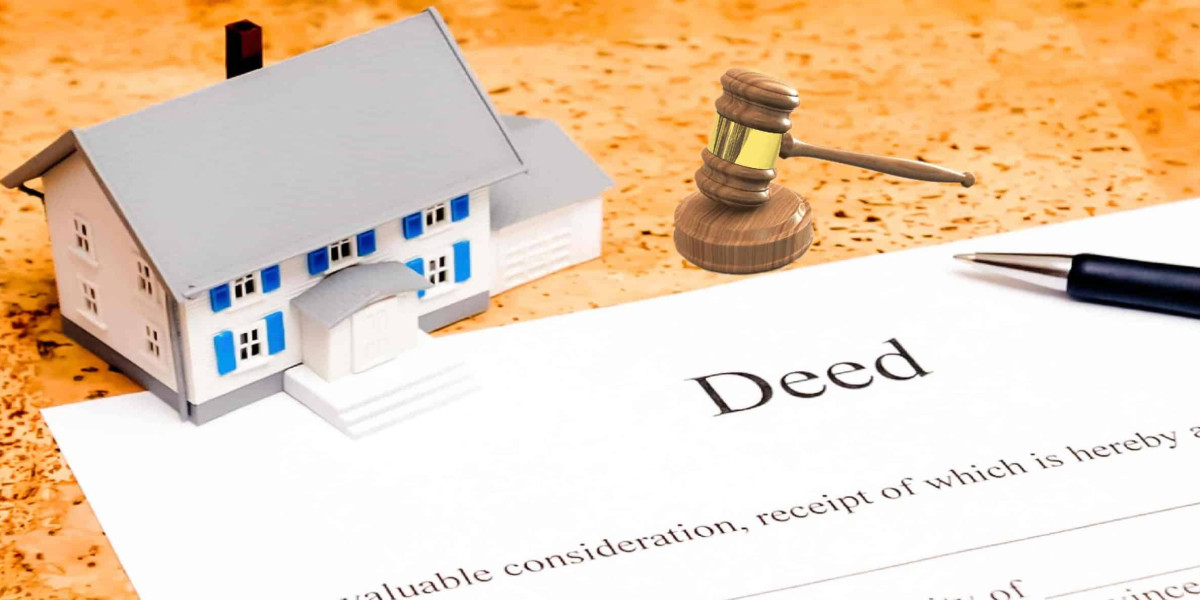Buying or selling a property isn’t just about money—it’s also about paperwork. Real estate transactions involve a range of legal documents that protect both parties and ensure everything is done by the book. Whether you’re a buyer, seller, or agent, knowing what documents you need can help you avoid costly mistakes.
Let’s explore the essential legal documents needed for real estate transactions in a clear, easy-to-understand format.
1. Purchase Agreement
The purchase agreement is the backbone of any real estate transaction. It outlines the terms and conditions agreed upon by the buyer and the seller.
It includes details such as:
Sale price
Closing date
Contingencies (like financing or inspection)
Items included in the sale (appliances, fixtures, etc.)
Both parties must sign this document to move forward legally.
2. Property Deed
A property deed is the legal document that transfers ownership from the seller to the buyer. It must be recorded with the local county recorder’s office to become official.
There are different types of deeds:
Warranty Deed: Guarantees a clear title.
Quitclaim Deed: Transfers ownership without guarantees.
Grant Deed: Offers some protection, but not as much as a warranty deed.
The right type of deed depends on the nature of the transaction and local laws.
3. Title Report
The title report, provided by a title company, shows who legally owns the property and reveals any issues like liens, disputes, or unpaid taxes.
The buyer usually reviews this before closing to ensure the title is clear. If problems arise, they must be resolved before ownership is transferred.
4. Bill of Sale
While the purchase agreement covers the home, a bill of sale details any personal property included in the deal—like appliances, furniture, or equipment.
This document ensures both sides agree on what’s being transferred along with the home.
5. Seller’s Disclosure Statement
In many jurisdictions, sellers are legally required to disclose any known problems with the property.
The seller’s disclosure might include:
Past water damage
Mold or pest issues
Renovations or repairs
Environmental hazards
This helps buyers make informed decisions and protects sellers from legal claims after the sale.
6. Home Inspection Report
While not always required by law, a home inspection report is highly recommended. It provides a professional evaluation of the home’s condition.
Buyers use it to:
Negotiate repairs
Cancel the deal if major issues arise
Gain peace of mind before closing
7. Mortgage Documents
If the buyer is financing the purchase, mortgage documents are necessary. These include:
Loan Estimate
Closing Disclosure
Promissory Note
Mortgage or Deed of Trust
These documents spell out the terms of the loan and the buyer’s obligation to repay.
8. Appraisal Report
Lenders typically require a home appraisal to confirm the property’s value matches the loan amount. If the appraisal comes in low, the buyer might need to renegotiate the price or make up the difference in cash.
An appraisal protects both the lender and buyer from overpaying.
9. Closing Disclosure
The closing disclosure outlines all the final financial details of the transaction, including:
Purchase price
Loan fees
Escrow charges
Title fees
Taxes
Buyers are required to receive this document at least three business days before closing to review all costs involved.
10. Escrow Agreement
An escrow agreement is a neutral third-party contract that holds funds, keys, or documents until both parties meet their obligations.
Escrow helps ensure:
The buyer pays on time
The seller delivers the title
Both parties comply with the terms
Once everything is complete, the escrow agent releases the funds and documents accordingly.
11. Property Survey
In some deals, especially those involving land, a property survey is needed. It shows property boundaries, easements, and encroachments.
It’s used to confirm what’s being sold and can prevent future disputes with neighbors.
12. Certificate of Occupancy
If the home is newly built or renovated, a certificate of occupancy may be required. This proves the home meets local building codes and is safe to live in.
Without it, the property might not be legally inhabitable.
13. Lead-Based Paint Disclosure
For homes built before 1978, federal law requires a lead-based paint disclosure. This document informs buyers about the potential presence of hazardous materials.
Failure to disclose can lead to legal penalties.
14. Power of Attorney (If Applicable)
If someone is signing on behalf of the buyer or seller—due to absence or incapacity—a notarized power of attorney is needed. This grants legal authority to act on another person’s behalf.
Final Thoughts
Real estate transactions can feel overwhelming, but having the right documents makes the process much smoother. Always consult a real estate attorney or licensed professional to ensure you're covering all legal bases. Missing just one document can delay closing or even void the transaction.
By understanding and preparing these essential legal documents, both buyers and sellers can protect themselves and enjoy a stress-free real estate experience.
Important Links
Tampines Street 94 Condo Site Plan
Tampines Street 94 Condo Price
Tampines Street 94 Condo Developer
Tampines Street 94 Condo Project Details
How to Invest in Rental Properties
Smart Tips for First-Time Home Buyers
Smart Ways to Increase Your Home’s Value Before Selling
How to Invest in Commercial Property
Tampines Street 94 Condo Location
Tampines Street 94 Condo Site Plan
Tampines Street 94 Condo Floor Plans
Tampines Street 94 Condo Location
Tampines Street 94 Condo Floor Plans
Tampines Street 94 Condo Location
Tampines Street 94 Condo Site Plan







